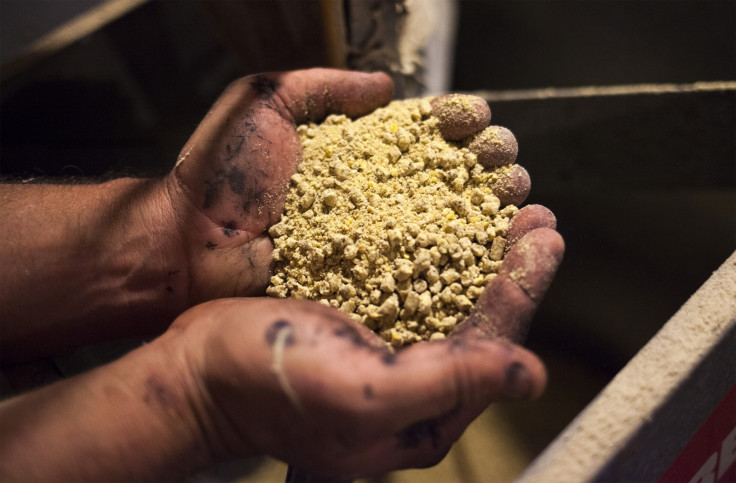Antibiotics Worsens Condition and Increases Transmission Rates in Infected Mice

Instead of mounting a heightened immune response and tackling the pathogen, antibiotics could actually work against the body and worsen the sickness.
In mice fed with antibiotics, 'superspreaders' of infectious diseases developed tolerance for the germ and helped transmit the infection, while the rest of the mice got sicker.
While the reason for the immune dampening caused by antibiotics is not known, the study highlights the need to use antibiotics cautiously.
Researchers at Stanford University School of Medicine gave oral antibiotics to mice infected with Salmonella typhimurium, a bacteria causing food poisoning.
While a small minority of superspreaders (who shed high numbers of salmonella in their faeces for weeks) remained unaffected by either the disease or the antibiotic, the rest of the mice got sicker instead of better and started shedding the pathogen like superspreaders.
The superspreaders, despite carrying even higher intestinal levels of salmonella and harbouring more gut inflammation than the other mice, had a dampened immune response.
The results were the same to both streptomycin and neomycin.
"We've shown that the immune state of an infected mouse given antibiotics can dictate how sick that mouse gets and also carries implications for disease transmission," said Denise Monack, PhD, associate professor of microbiology and immunology and the study's senior author.
"If this holds true for livestock as well — and I think it will — it would have obvious public health implications. We need to think about the possibility that we're not only selecting for antibiotic-resistant microbes, but also impairing the health of our livestock and increasing the spread of contagious pathogens among them and us."
About 80% of all antibiotics used in the United States are given to livestock — mainly cattle, pigs and chickens — to increase their growth rates.
Silent transmission
While overuse of antibiotics is known to lead to drug-resistant bacteria, the present study shows how silent transmission of infection could also increase with antibiotic treatment.
The bacteria S. typhimurium produces a powerful inflammation-inducing endotoxin in the gut that leads to food poisoning.
Transmitted through faeces, it has been noticed that while 70-90 percent of those infected shed low amounts of bacteria (and hence are not very contagious), the remaining 10-30% are superspreaders and remain symptom-free while transmitting the pathogen.
Identifying the superspreaders has been a problem. But now the researchers suspect that the immune systems of superspreaders and non-superspreaders are in differing states, so a blood test could help identify superspreaders and help controlling an epidemic.
Interestingly, in the ongoing Ebola epidemic, researchers have been speaking of identifying silent infections in people showing no symptoms. Evidence of such symptomatic Ebola infections have been seen in earlier outbreaks of the virus.
© Copyright IBTimes 2025. All rights reserved.





















